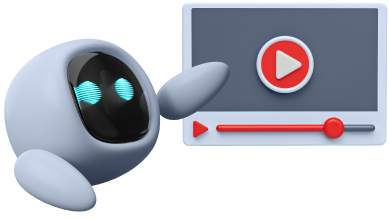HTML stands for HyperText Markup Language. It's like the basic structure of a webpage, similar to the bones that support our bodies. HTML tells the browser what to display on the screen, such as headings (), paragraphs ( ), images (), links (), and much more.
CSS: The Appearance of a Website
CSS stands for Cascading Style Sheets. It's a language used to define the style and appearance of a webpage. Think of it as the clothes we wear to look good. CSS helps us adjust the color, size, font, and position of different elements on a webpage, making our website more beautiful and attractive.
JavaScript: The Soul of a Website
JavaScript is a programming language that brings web pages to life. It allows for user interaction, such as clickable buttons, expanding menus, or animations. JavaScript works together with HTML and CSS to create dynamic and engaging websites.
How HTML, CSS, and JavaScript Work Together
HTML, CSS, and JavaScript work together to create a complete website, similar to building a house:
-
HTML: The basic structure of the house (walls, floor, roof)
-
CSS: Decorating the house (paint, wallpaper, furniture)
-
JavaScript: The electrical system and electronics in the house (light switches, air conditioning, appliances)
Why Learn HTML, CSS, and JavaScript?
-
Create your own website: You can freely create personal websites, portfolios, or blogs.
-
Customize your website: You can tailor existing websites to your needs.
-
Understand how websites work: Learning HTML, CSS, and JavaScript will help you better understand the behind-the-scenes of websites.
-
Open up career opportunities: Web development skills are highly sought after in the job market.
How to Start Learning?
-
Self-learning: There are many free and paid learning resources available, such as coding websites, online courses, and books.
-
Enroll in a course: Learning in a course allows you to learn from experts and have opportunities for hands-on practice. For example, at IT STEP Academy, we offer a professional Front-End Development Online course that can be completed in 8 months. It also includes projects to build a portfolio. Live online teaching by experts, you can learn from anywhere.
-
Practice with projects: Doing projects is the best way to practice and develop your skills.
HTML, CSS, and JavaScript are three essential technologies for web developers. Learning these will open the door to a world of exciting and effective website creation. If you're interested in starting your journey as a web developer, explore HTML, CSS, and JavaScript.



